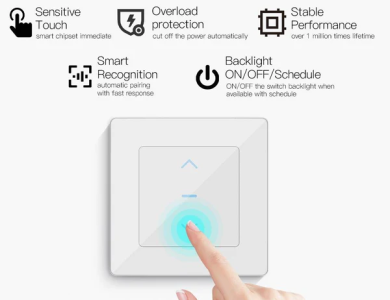Starting an agency can be an exciting venture, but it requires careful planning and strategy to ensure success. In starting an agency, one of the foremost considerations is comprehending your market. It’s imperative to conduct thorough research to identify your target audience and assess their needs, preferences, and pain points. By gaining insight into your market, you can tailor your services to meet specific demands and differentiate yourself from competitors. As HR consultants, we understand the importance of laying a solid foundation for your venture to thrive in today’s dynamic business landscape.
In this guide, we will explore the market and business basics that you need to consider when starting your own agency.
Understanding Your Market
Before diving into starting an agency, it’s crucial to understand your target market. Identify your niche and the specific needs of your potential clients. Conduct market research to analyze the demand for your services and the competition in your industry.
- Conducting market research:
- Gathering data about industry, target demographic, competitors, and current trends.
- Analyzing gathered data for insights.
- Forms foundation for business strategy.
- Aids in effective positioning of agency in the market.
Finding Your Unique Selling Proposition
To stand out in a crowded market, you need to identify your agency’s unique selling proposition (USP). What makes your agency different from others? Define your value proposition and communicate it effectively to your target audience.
Developing a Business Plan
A well-thought-out business plan is essential for the success of your agency. Outline your business goals, target market, pricing strategy, marketing plan, and financial projections. A clear roadmap will guide you through the early stages of your agency.
Building Your Brand
Your agency’s brand is more than just a logo – it’s the perception that clients have of your business. Develop a strong brand identity that reflects your values and resonates with your target audience. Consistent branding across all channels will help establish credibility and trust with potential clients.
Consider branding elements such as your agency name, logo, colors, typography, and messaging to create a cohesive and memorable brand identity. Consistency across all touchpoints reinforces brand recognition and distinguishes your agency in the market.
Establishing Your Online Presence
In today’s digital age, having a strong online presence is crucial for any business. Create a professional website that showcases your services, portfolio, and client testimonials. Utilize social media platforms to engage with your audience and drive traffic to your website.
Setting Your Pricing Strategy
Determining the right pricing strategy for your agency is essential for profitability. Consider factors such as your costs, competition, and the value you provide to clients. Experiment with different pricing models to find the best fit for your agency.
Building a Strong Team
As your agency grows, building a strong team of talented individuals is key to success. Hire employees who align with your agency’s values and have the skills needed to deliver exceptional results for your clients. Invest in training and development to nurture talent within your team.
Developing Client Relationships
Building strong relationships with your clients is essential for repeat business and referrals. Listen to their needs, communicate effectively, and deliver outstanding results. Providing excellent customer service will set your agency apart from the competition.
Leveraging Technology
Incorporating technology into your agency’s operations can streamline processes and improve efficiency. Utilize project management tools, CRM software, and analytics platforms to track performance and make data-driven decisions. Embracing technology can give your agency a competitive edge in the market.
Marketing Your Agency
Effective marketing is key to attracting clients and growing your agency. Utilize a mix of digital marketing strategies such as content marketing, social media advertising, and email campaigns. Create valuable content that showcases your expertise and addresses the needs of your target audience.
Conclusion
Starting an agency requires careful planning, a deep understanding of your market, and a strong focus on building relationships with clients. By following the tips outlined in this guide, you can set your agency up for success in a competitive market.
Remember, starting an agency is a journey, and it’s essential to stay adaptable and open to feedback as you grow your business.




